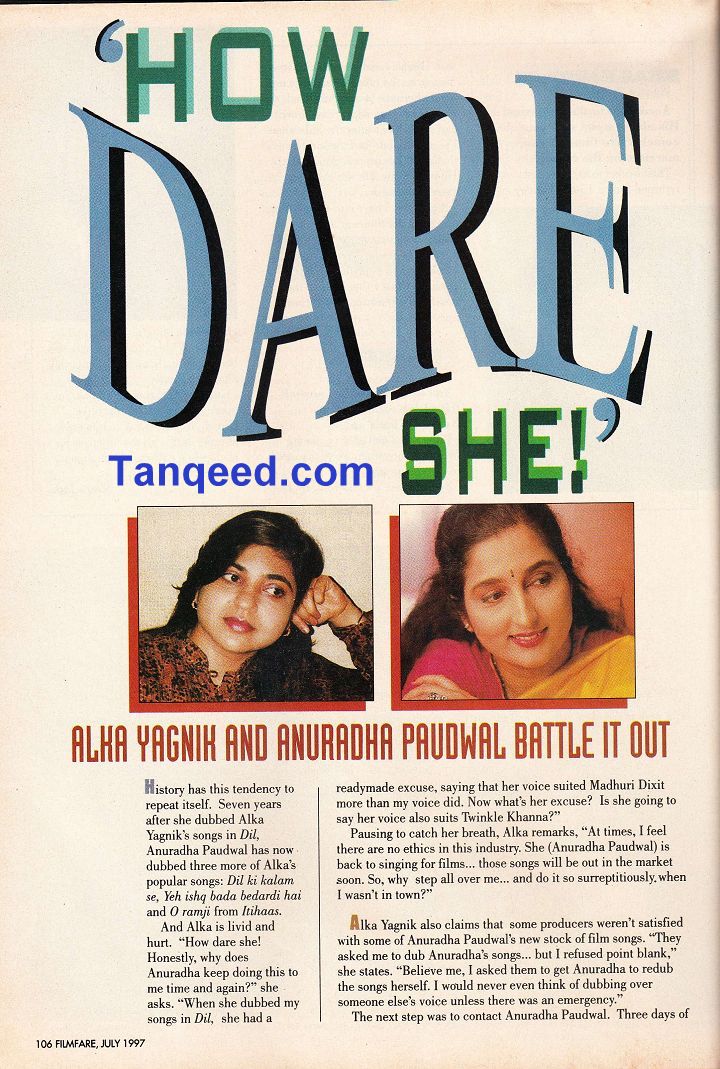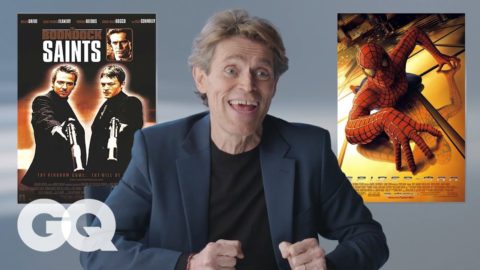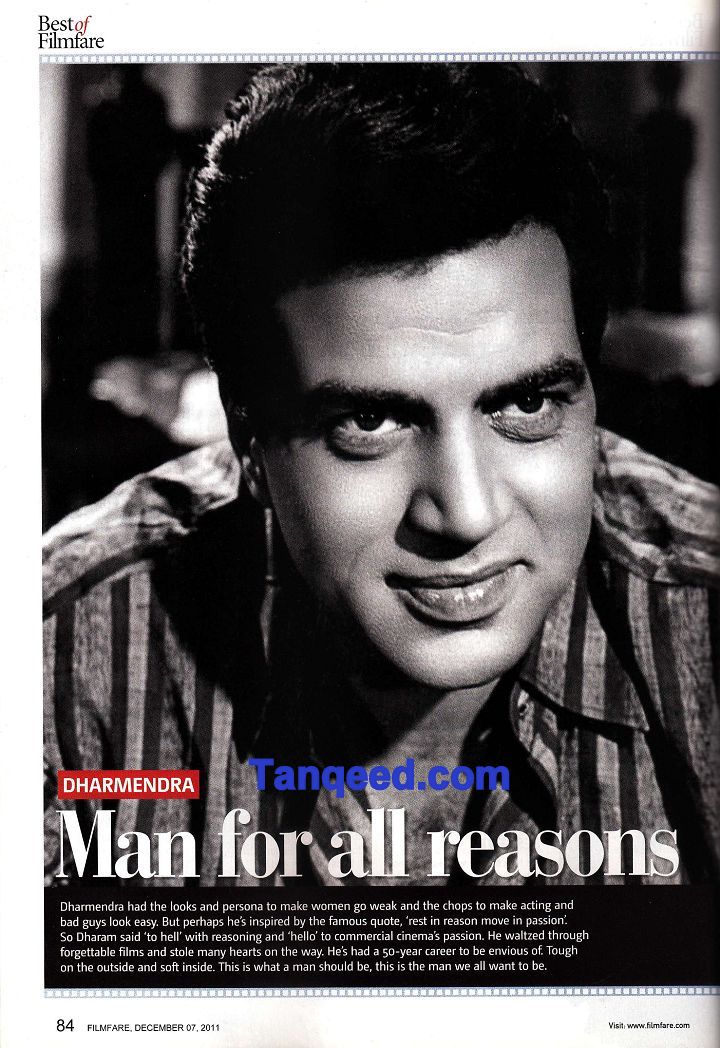 His portrayal of the army man-turned-steeplechase runner-turned-bandit in Paan Singh Tomar has achieved both critical appreciation and commercial success. In July, he plays Spiderman’s nemesis, the villainous Proto Goblin in The Amazing Spiderman. Come Christmas, he’ll slip into the shoes of the Older Pi in Ang Lee’s Life of Pi. Between all these, he manages to squeeze in a film like Thank You. British director Danny Boyle calls him “a touchstone connecting two worlds”. Diversity is clearly actor Irrfan’s forte. In a land of me-too actors, big stars and bigger vanity vans, Irrfan stands out with his raw talent, engaging screen presence and his ability to choose meaningful roles. In an interview with Harneet Singh, the actor who prefers to be known only by his first name, talks about finding his “inner voice” in Paan Singh Tomar, the early years of his career and how he selects his projects. Excerpts:
His portrayal of the army man-turned-steeplechase runner-turned-bandit in Paan Singh Tomar has achieved both critical appreciation and commercial success. In July, he plays Spiderman’s nemesis, the villainous Proto Goblin in The Amazing Spiderman. Come Christmas, he’ll slip into the shoes of the Older Pi in Ang Lee’s Life of Pi. Between all these, he manages to squeeze in a film like Thank You. British director Danny Boyle calls him “a touchstone connecting two worlds”. Diversity is clearly actor Irrfan’s forte. In a land of me-too actors, big stars and bigger vanity vans, Irrfan stands out with his raw talent, engaging screen presence and his ability to choose meaningful roles. In an interview with Harneet Singh, the actor who prefers to be known only by his first name, talks about finding his “inner voice” in Paan Singh Tomar, the early years of his career and how he selects his projects. Excerpts:
How did the Paan Singh Tomar journey begin? What made you want to play this real-life character?
Mahesh Bhatt had once told me that a story should hit you in two lines. This was the first film it hit me like that. Since it was Tishu (Tigmanshu Dhulia, director of Haasil, Sahib, Biwi Aur Gangster) who was bringing alive Paan Singh Tomar’s story, the film became that much more special. Somewhere, I found my inner voice in him.
In an earlier interview you mentioned that Paan Singh Tomar reminded you of your father…
Yes, they shared certain aspects — their never-say-die spirit and sincerity, were quite alike. Maybe that’s why I connected so emotionally to Paan Singh. While I was shooting this film, I kept wishing that my father could see me play this person. He would have really liked it.
Take us through the preparation for this role. Which were the toughest bits?
I don’t think I really had to go through any rigorous mental preparation. The language came easily, in the sense, that once I reached the location, it just flowed. There were a few scenes that challenged me. One of them was the scene with Mahie (Gill), when young Paan Singh makes love to her. I wanted to get the right approach so that the right amount of sexuality and romance comes across. Another scene that really weighed on my mind was the confrontation with Paan Singh’s cousin. It was a long scene, and somewhere I realised, that this is the nucleus of the film. I wanted the scene to reach out to the audience, I wanted to play it in a way that by asking my cousin brother, I’m asking the audience and making them think. That’s why I repeated the line twice: “Je baat ka jawaab kaun dego?” When the cousin dies, I mention once again, “Hum upar aa ke bhi jawaab lenge… hamar jawaab poora na hua.” Somehow I got the sense that I need to say this aloud because I was speaking for the real Paan Singh who also never got this answer. I wanted his voice to reach a culmination. I tried many approaches to enact this scene and then inspiration came from a completely unexpected quarter.
Where did the inspiration come from?
There was a local guy on the sets. He had a very peculiar way of speaking and everybody on the sets used to make fun of him. In Shakespearian plays, he would be called The Fool. I asked him to say the lines of the scene and I recorded it. I kept playing his version, which was very funny, but somehow I think I got something out of it.
The hand gesture that you do in the film, twirling the finger, was that you or was that something Paan Singh used to do?
Well, apparently, he used to do something similar but he had a different version. He used to lift his hand. Tishu and I didn’t know about this. It was only after the film’s release that we met a veteran journalist who had covered him, who told us about it. Twirling the finger was just what we thought he might have done.
Since it was such a personal film for you, how did the delay in its release affect you?
We’ve been in the industry for so long that somewhere we tend to accept delays as a part of life. This was not an easy film from day one. There was a phase of utter helplessness that the entire team went through. Eventually, you move on. After a while, you want to survive. Tishu moved on to Sahib, Biwi Aur Gangster, I also signed other films. I felt I was losing my enthusiasm for the film but the emotional connect was so deep that I remember the day we were designing the posters, I felt like crying. In that sense, this film never let me go. I see it like cooking: some dishes get ready instantly, while some take time and need to be slow-cooked. This was the latter.
It wasn’t a Maggi noodles film, you mean?
(Laughs) No it wasn’t a Maggi noodles kind of a film. That’s why its gratification is also sustaining.
The critics rate this as your finest performance. How did you rate it?
This was more than just a performance for me. This was a guy who couldn’t drink water before dying, he kept asking for two drops of water but nobody gave it to him. There was a sense of incompleteness to his life which I felt will find a culmination if his story is shared with the world. I had been struggling to find a character like this. People perceive actors in a way and it’s tough to break that image. This guy gave me a chance to break my own perception. I’m grateful to him.
What makes you say yes to a project?
There are several factors. Sometimes, you want to be in the space of a character, sometimes you want to have fun and sometimes you want to be a part of a particular production because you like the people who are making the film. Then there are some instances when the character is totally alien to you but you like the world he is in, so you want to explore it. Ashoke Ganguli of The Namesake was that guy for me. I didn’t want to be in his space at all, but his world was fascinating.
Why do you say that? I think Ashoke Ganguli is one of the best performances out there…
He was so silent, so transparent, it was not easy to be in his space. I had to feel that old age and then I had trouble shedding it. Playing Ashoke was an enjoyable trip up to a point and then I was craving for some high.
And so you did Sunday?
(Laughs) Well, I did act in Sunday.
What is tougher: saying yes to a film, or rejecting it?
Let me put it this way, saying yes comes more instinctively to me while saying no to a film is more contemplative.
What has been your toughest role till date?
It would be HBO’s In Treatment and Life of Pi. I felt claustrophobic while acting in the In Treatment segment. The show required me to be naked emotionally, I felt as if I was being squeezed and strangulated and pushed in one corner, and I had to keep feeling that way for quite a while.
And why do you say Life of Pi?
Because it’s such a difficult, intelligent and clever book. To be on top of that and to be directed by Ang Lee has been an experience unlike anything else. The film opened a new world for me. The themes the film deals with required me to absorb everything. It can be a small thing, the character can be speaking about “karma”, but when I say the line I should come across as someone who understands the vastness of karma. Life of Pi required me to constantly understand, so that I don’t become disconnected.
You have played such varied characters. If you were to throw a dinner party, who would you invite?
My God! I’ve never thought of this. Let me see, definitely the guy, Monty from Life in a Metro, Paan Singh Tomar, Ashoke Ganguli, Ranvijay Singh of Haasil. It’ll be quite a dinner conversation. I’ll just look at them to see if they are still in character or not. Maybe I’ll get bored. I don’t know. But wow, what a thought!
When did you first realise you want to be an actor?
It was when I was refused Rs 300 to pay for a cricket tournament that I had been selected for. I was 14 then. It was the first time I could go out of my city, Jaipur, but hamari haalat aisi thi ki, it was tough to get Rs 300. That’s when I realised that I have to leave sports forever, and that I have to look for something else. After my class X exams, I got a chance to watch films and some actors came into my life and they completely mesmerised me.
Which actors?
Dilip saab, Naseer and then Mithun Chakraborthy in Mrigaya. I decided that this is what I want to do. I was very shy and couldn’t tell my friends, thinking they would laugh at me. I remember when I finally confessed my secret ambition to my best friend in school, the way I told him in hushed whispers was as if I was planning a bank robbery. My friend really encouraged me but he also got an excuse to take my trip. He would say things like “Arre actors aise thodi chalte hain… tumhari aawaz itni patli hai tum kya act karoge.” But it was all in good humour. Saale ko bataya aur saale ne mazaak banaya.
So when did you first realise that you could act?
People made me realise that. Their appreciation kept me alive as an actor. I was never sure. A turning point was in my second year at the National School of Drama (NSD) in Delhi, when I met my guru Prasanna during the play The Ascent of Fujiyama. Before this, I was torturing myself because I could not feel a connection. I was looking for a formula to decode so that I could enjoy myself on stage. I went through what I call “the Purana Quila phase”. When I was acting as a 250-year-old man in the play, Oedipus, with my naïve understanding of human beings, I thought if I sat at night in the Purana Quila some inspiration would strike me. But then Prasanna came into my life and made me taste what acting could be like.
Do you have any dream roles?
Not any roles per se but there are some personalities and their attitudes that really fascinate me. Like MS Dhoni or Steve Waugh, for example, the way the fighter in them comes to the fore when there’s a crisis. I’d love to attempt this attitude in a role. Even the joker on the sets of Paan Singh Tomar is my inspiration for a role. I remember Dibakar Banerjee narrated to me a story of a prince and a fool once. I have the material to play the Fool now.
What is the one thing you’ve learnt from the various directors you’ve worked with? How have they shaped you?
Tishu always wants a performance to be entertaining and engaging. Usey ajeeb time par ajeeb humour pasand hai. Actually, life is absurd and with humour baat samajh mein aa jaati hai. Asif (Kapadia, director of The Warrior) taught me that less is more. He always told me, don’t distract the audience. Mira (Nair) teaches me to be passionate, she likes to make the audience relax, she wants them to come forward while soaking the film. Michael Winterbottom (director, A Mighty Heart) never directs. He wants his actors to make the choice and he follows them. It can even be something as minor as putting a cup on the table, he won’t tell you anything. Danny (Boyle, director, Slumdog Millionaire) fascinates me with his constant energy level. The first day I met him to the last time I met him, his energy has been the same, which is remarkable. Vishal (Bhardwaj, director, Maqbool) fascinates me with the kind of stories he chooses. As for Anurag (Basu, director, Life in a Metro), the atmosphere on his sets is so lighthearted that acting feels intimate, aapsi baat lagti hai.
Is there any actor from whom you want to steal a particular acting trick?
It has to be his connection to the whole situation and yet being aloof. It has to be Marlon Brando. There are others also in the same ilk like (Dustin) Hoffman, (Robert) De Niro, Gerard Depardieu, (Al) Pacino but Brando is Brando.
Tags: Ang Lee Biwi Aur Gangster Danny Boyle Haasil Interviews Irfan Khan Life in a Metro Life Of Pi Mahesh Bhatt Mahie Gill Paan Singh Tomar Sahib The Amazing Spiderman The Namesake Tigmanshu Dhulia






